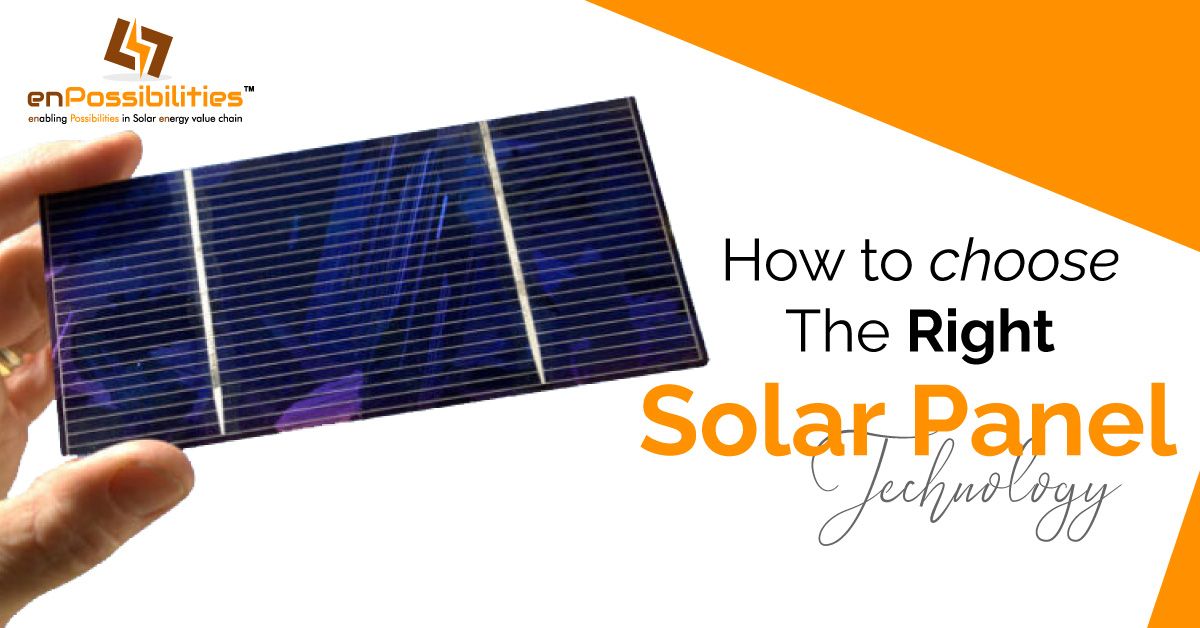Installing a solar energy system at home is a good way for many people to save money. When you compare offers from solar companies, there are many things to think about. The equipment you choose for your system, your financing options, and the installer you choose all affect how much money you can save with solar. This guide will help you compare solar panels and inverters to select the best equipment for your home.
Tips to Choose Solar Panels
Now that you’ve done the research you need to; you can compare different brands and types of solar panels. There are many things to consider when choosing the right solar panel. Let’s divide it up into a few easy groups:
Solar Panel Warranties
Different warranties and guarantees can take time to understand. A product warranty protects the solar panel in case of a problem with how it was made. Typical solar panel lifespan is quite long. Most guarantees last anywhere from 10 to 25 years. This includes issues with the panel, aging before its time, etc.
Performance Guarantee for Solar Energy
The performance guarantee of the panel is the second type of guarantee you should look into. Each year, panels lose a minimal amount of how well they work. The loss is usually between 0.4% and 0.7%, so it is less than 1%. With a performance guarantee, you know that your panels won’t lose their efficiency any faster than that. It ensures that your panels will work at their best for as long as they last. Most of the time, these guarantees last between 20 and 25 years.
Solar Panel Efficiency
How well a panel turns sunlight into electricity is based on how well it works. This number is less significant than you might think. Most modern solar panels have an efficiency of around 20%, which is very high. The price increase is unaffected by the slight differences in how efficient the panels are rated. This is only important if you are trying to get as much work as possible in a small space.
Solar Panel Wattage
It’s easy to get efficiency and wattage mixed up. A wattage is a unit of measurement that shows how much electricity a panel can make in ideal conditions. The more watts a panel has, the more electricity it might be able to give your home. Higher-wattage panels work well in small spaces that need more power. Most of the time, though, they cost more. So it’s only sometimes best to buy panels with more wattage if your home doesn’t need them. Also, sometimes panels with more wattage are physically more extensive. This could mean fewer panels can fit in a given space, making the higher wattage less useful.
How Solar Panels Look
As more people switch to solar power, there is more demand for well-made panels. There are different kinds of black panels, but many homeowners want them. Most cells made of silicone are dark blue or black. The squares on the front of the solar panels are these cells. You can see the back sheet through the spaces between these cells. A black back sheet makes the whole thing look more sleek and black. Last, it’s essential to think about the color of the frame. Most solar panel frames are silver or black anodized aluminum. Choosing a black frame can make your system look much better.
What kind of inverter should I get?
In your solar energy system, the inverter turns the energy from the sun into something you can use. Solar panels turn the sun’s energy into direct current (DC) power. The inverter’s job is to turn that direct current (DC) power into alternating (AC) electricity that you can use in your home.
String inverters are the option for a solar energy system that costs the least. If the conditions for production are good, they are usually a good choice for your home. When you have a string inverter in your solar panel system, your panels send all the DC power they make to a single inverter. The inverter turns the DC energy into AC power so that you can use your solar energy.
How do I choose the correct installer when picking a solar energy provider?
One of the essential parts of your solar installation is the person who does it. Choose a solar panel installer after researching their credentials, experience, and standing in the industry. It’s also worth noting that a recent study conducted by the US National Renewable Energy Laboratory found that large national solar companies charge more than their tiny equivalents for the same or lower-quality equipment. The report from NREL suggests that you look around and think about local companies.
When choosing the best solar panel for your home and your needs, there are many things to consider. Talking to one of our solar experts is the best way to figure out which options might work for you. They know a lot about how hard it is to make a solar system. They can tell you which panels will give you the most energy for the least amount of money and in the most attractive way.

